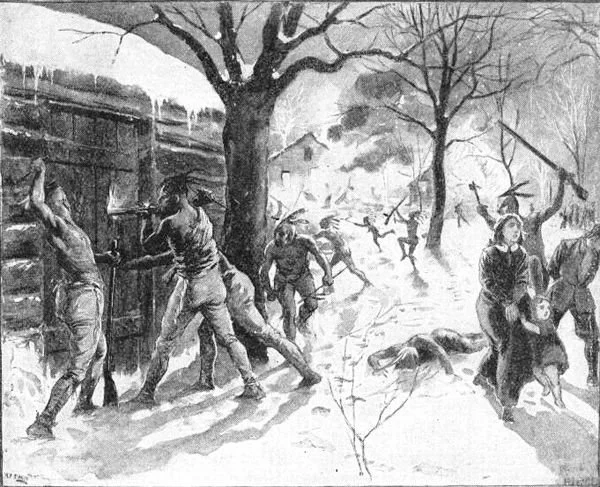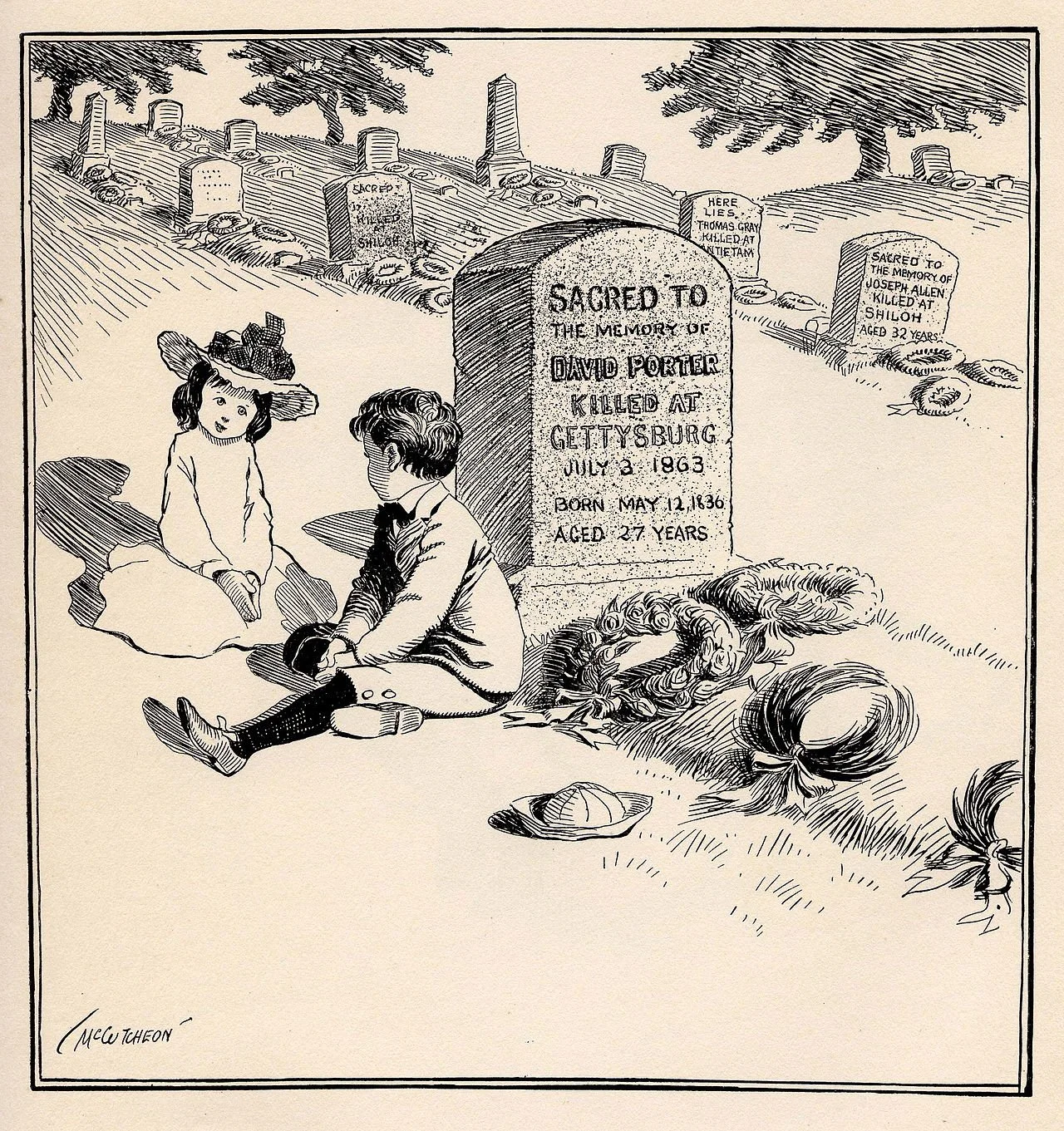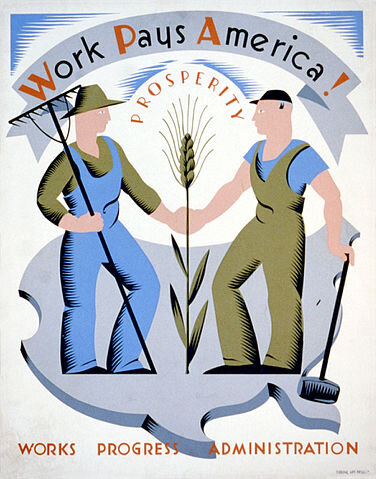Professional dog walker
WEST WARWICK, R.I.
Napoleon didn’t deride the English as “a nation of shopkeepers,” although that phrase is commonly attributed to him. In fact, it was Bertrand Barère de Vieuzac, a French revolutionary who used it when attacking the achievements of British Prime Minister William Pitt, the Younger.
I think that Napoleon was too smart not to have realized that a nation of shopkeepers is a strong nation, and that if the English of the time were indeed a nation of shopkeepers, they would constitute a more formidable enemy.
A nation of shopkeepers, to my mind, is an ideal: self-motivated people who know the value of work, money and enterprise; and who are almost by definition individualists. So, I regret the constant threats to small business coming from chains, economies of scale, high rents and some social stigma.
But mostly I regret that in our education system, self-employment isn’t celebrated and venerated as being equivalent to work at larger enterprises. We define too many by where they work, not by what they do.
I have always believed that one should aspire to work for oneself, to eschew the temptations of the big, enveloping corporation and to strike out with whatever skills one has to test them in the market and to have the customer, not the boss, tell you what to do.
Our education system produces people tailored to be employed, not self-employed.
But things are changing. The gig economy was well underway before the COVID-19 pandemic hit, and now it is roaring. Many employees found that the servitude of conventional employment wasn’t for them.
The gig world differs from the small business world that I have described in that it is small business refined to its absolute core: a one-person business, true self-employment.
There are many advantages in self-employment for society and for the larger business world. Hiring a self-employed contractor is easier for a company, not having to create a staff position and pay all the costs that go with it. Laying off a contractor isn’t as traumatic. The worker is more respected, and is asked to do things not commanded. The system gains efficiency.
But if employers come to see the gig economy as just cheap, dispensable labor, then the gig economy has failed.
The gig worker shouldn’t expect security but should be treated in a business-to-business environment. He or she needs to know how to drive a bargain and to have the moral courage to ask for a contract that is fair and recognizes the value that is intrinsic in the gig relationship.
I am a fan of Lyft and Uber. They offer self-employment to anyone with a driver’s license and a car — and the companies will even get you into a car. But the bargain is one-sided. The driver has the freedom to work what hours he or she chooses but not to negotiate the terms of their engagement. That is decided by a computer in San Francisco.
This gig worker can’t hope to hire other drivers and start a small business: It doesn’t pass the gig contract concept. I have talked to many ride-share drivers. They revel in the freedom but not the income.
Gig workers can be, well, anything from a plumber to a computer programmer, from a dog walker to an actuary.
But for the free new world of gig working to become part of our business fabric, the social structure needs to be adjusted by the government to allow for the gig worker to enroll in Social Security and to charge expenses against taxes as would an incorporated business. Jane Doe, who makes a living designing websites, needs to know that she is a business, not just freelancing between jobs.
A friend who has been self-employed for many years told me recently that he was being considered for a big staff job. I told him to be mindful that he will be trading away some dignity and a lot of freedom. It is hard to get into a harness when you have been running free.
I hope we get many more workers running free. Napoleon would have understood.
On Twitter: @llewellynking2
Llewellyn King is executive producer and host of White House Chronicle, on PBS. He’s based in Rhode Island and Washington, D.C., and his email is llewellynking1@gmail.com
White House Chronicle



















